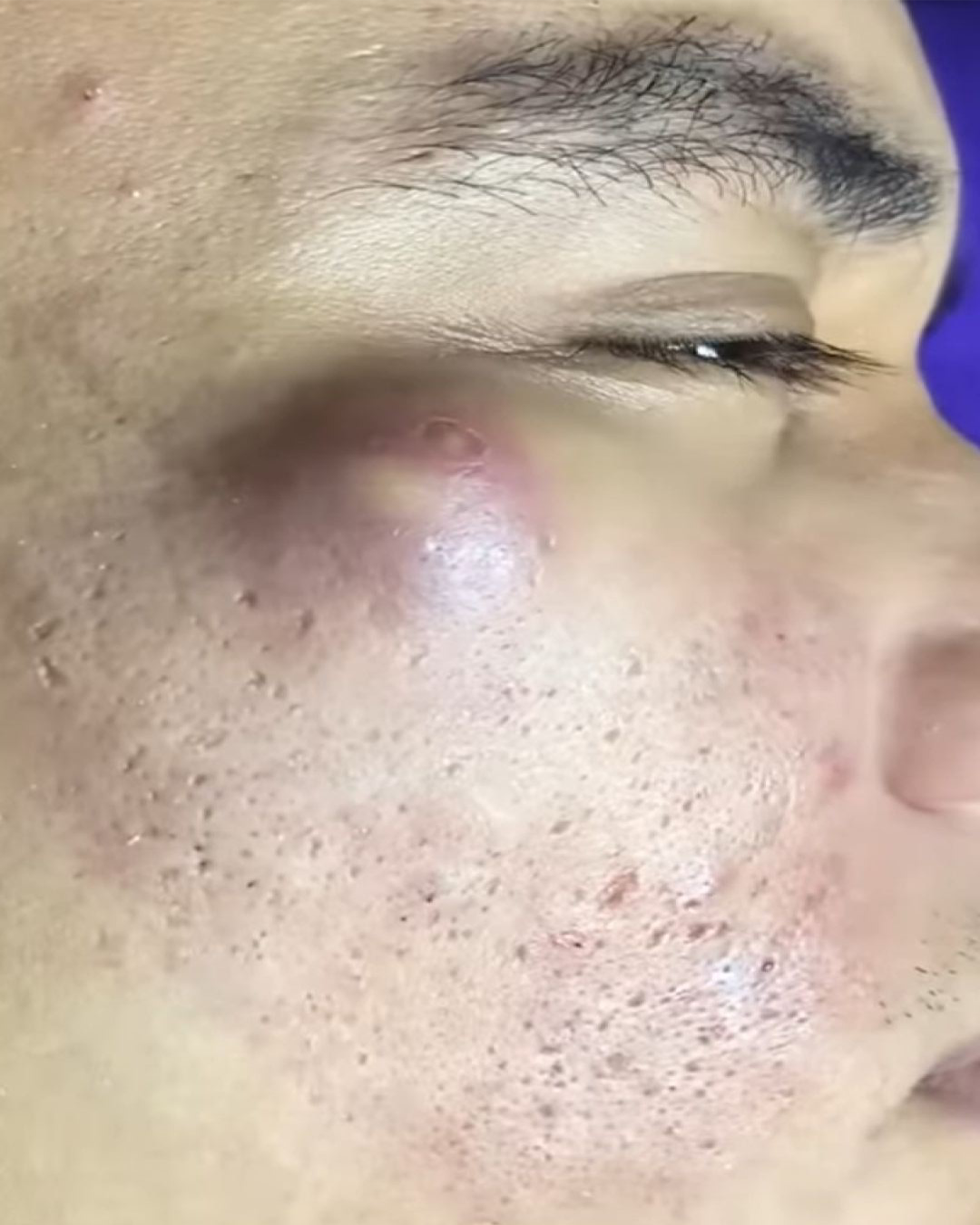
Face exfoliation can speed up the process of opening and unclogging the pores. With intense scrubbing, the pores open up and the whiteheads may change. Sometimes they rupture and the dead skin cells escape and… Read more
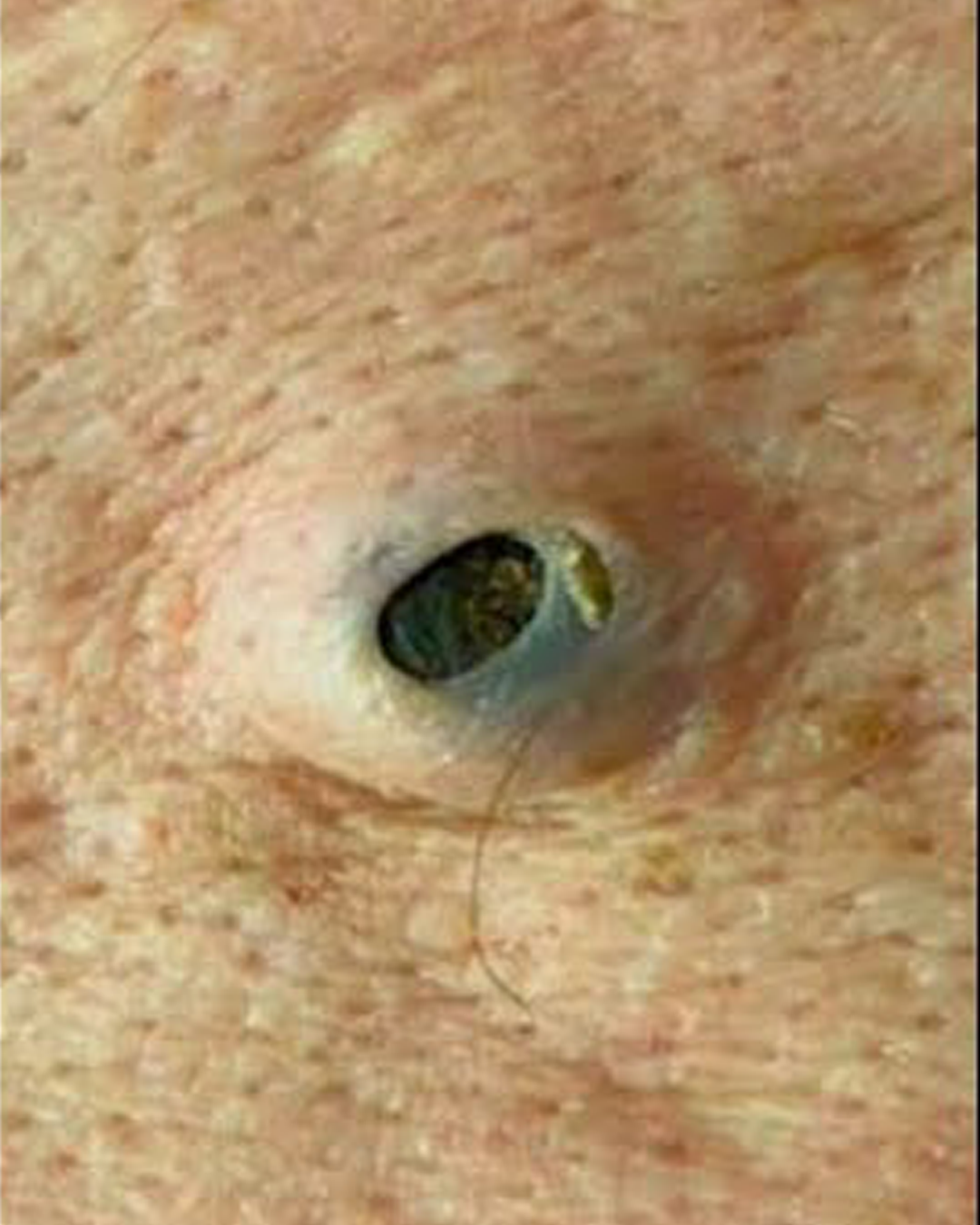
With whiteheads, the skin hasn’t ruptured yet. However, the pore only has so much space. As your body continues to produce oil and dead skin, the pore opens. If the pore remains clogged once it… Read more
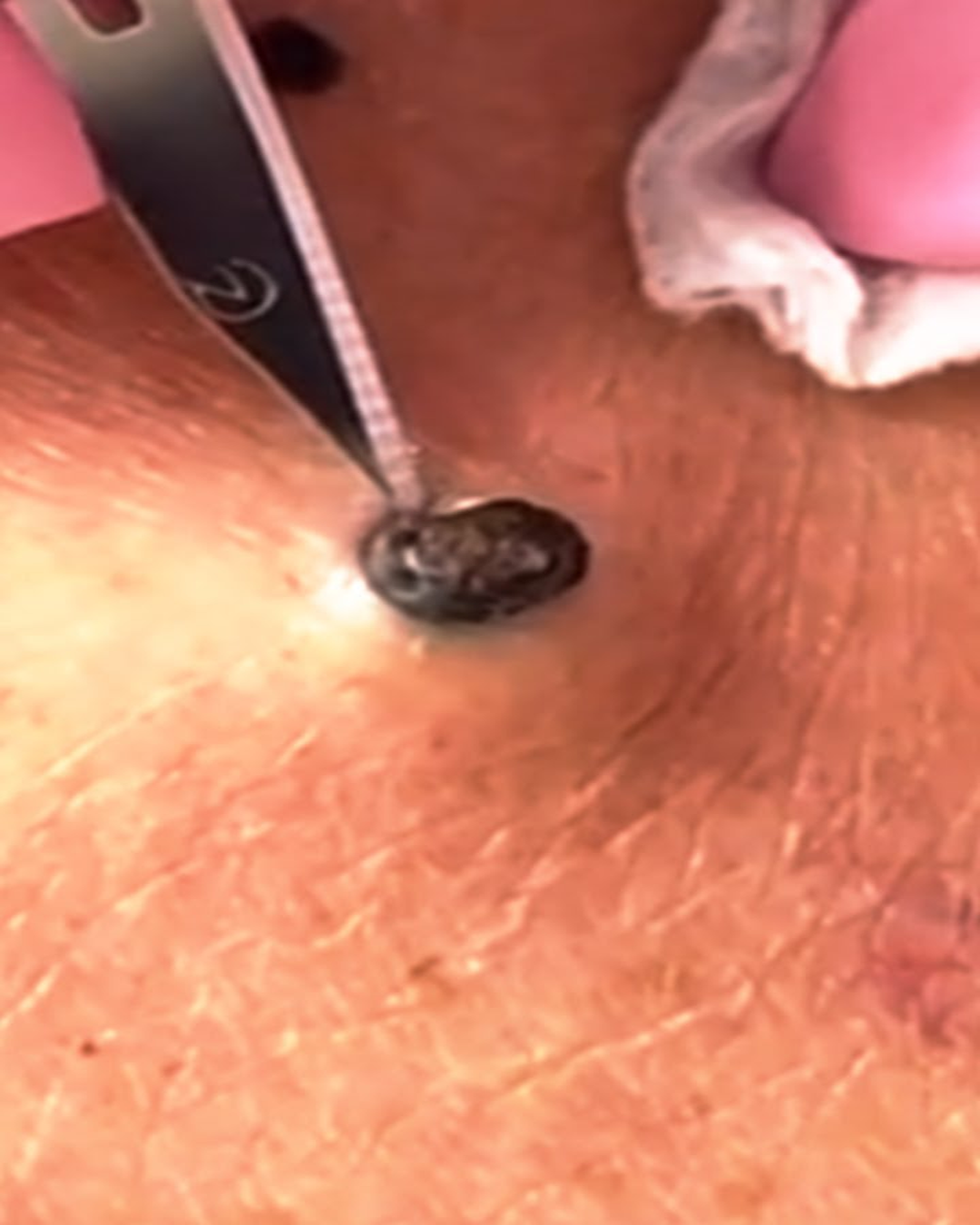
Because the blackhead is in an open pore, it’s been exposed to the air. The chemical inside, melanin, has been oxidized by the air and turned the dead skin and natural oil inside black. The… Read more
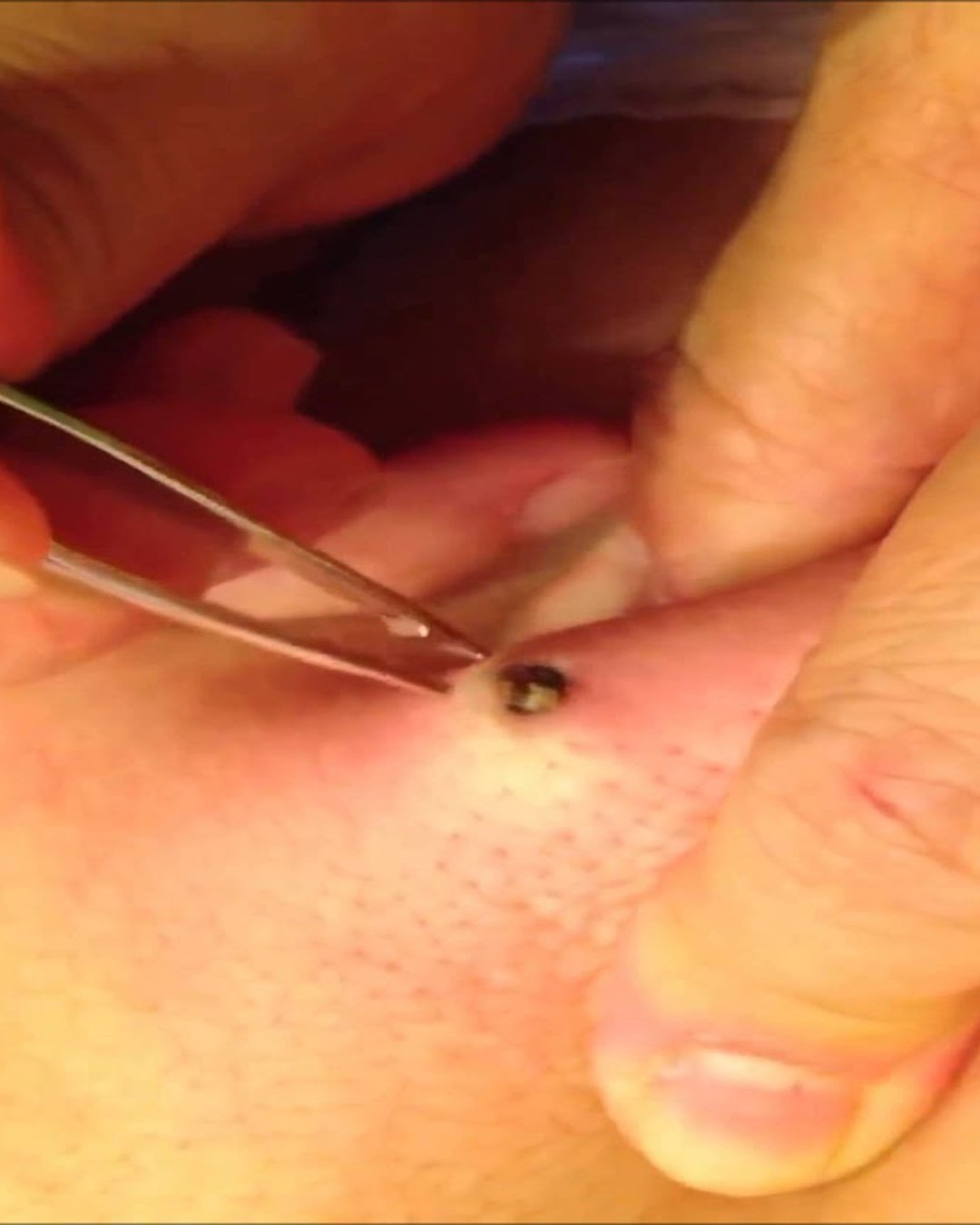
Blackheads and whiteheads are basically the same thing. They’re both classified as “non-inflammatory” acne — which means they aren’t infected. They’re just clogged pores containing dead skin cells and natural oils called sebum that need… Read more
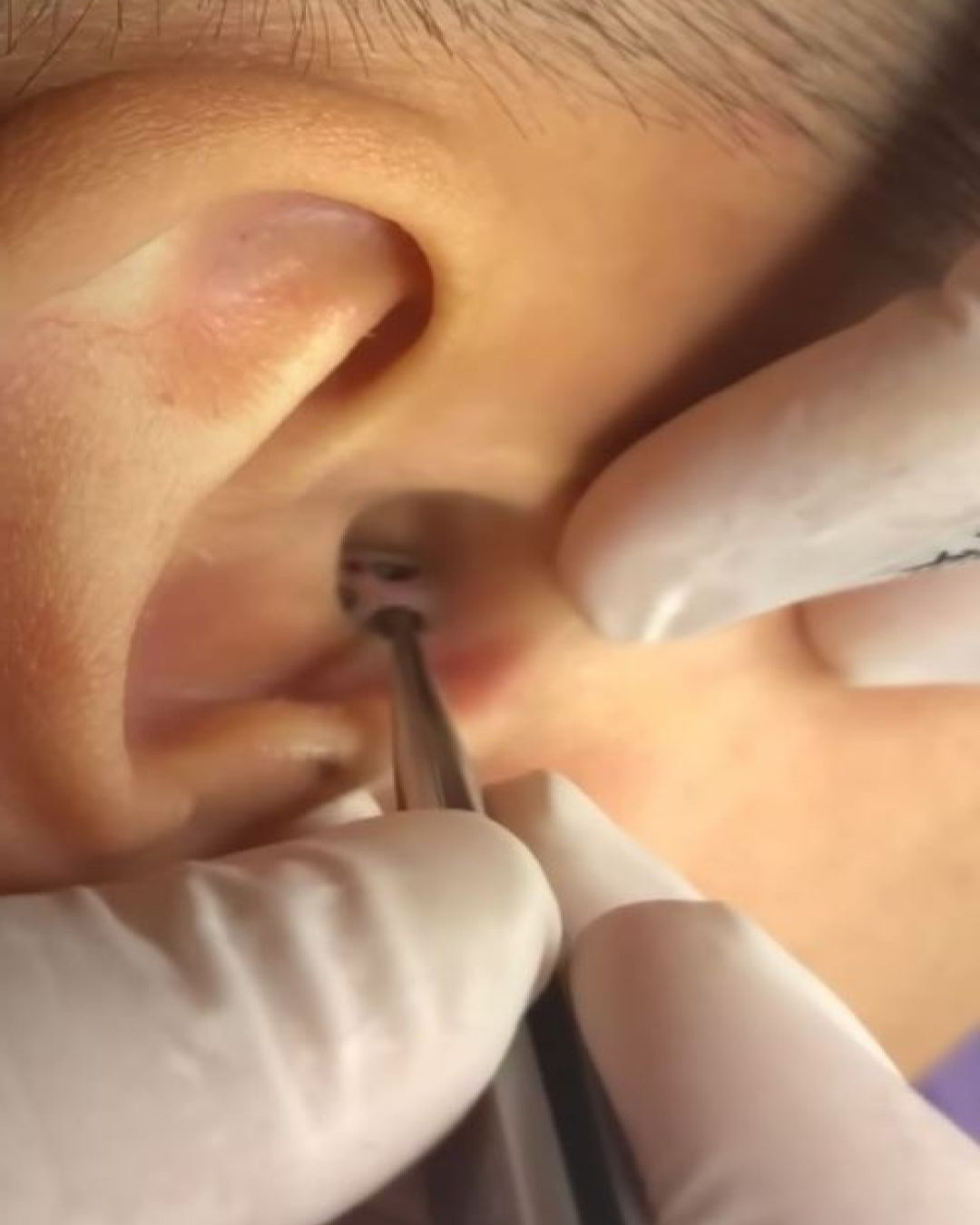
They seem to pop up out of nowhere, leaving us struggling to make them disappear as quickly as they arrived – but it’s usually not quite that easy. No one wants them, but until you… Read more

Blackheads often go away in early adulthood, though some people will continue to experience them throughout their lives. Your healthcare provider, medical aesthetician or dermatologist can help you manage your blackheads. Read more

Sugar and salt scrubs scratch away (exfoliate) dead cells on the surface of your skin. Wet your face, apply a salt or sugar scrub to your affected areas and massage your skin in small, circular… Read more

Wet green tea leaves can help reduce oil production in your skin. Green tea is also an antioxidant. Mix dry green tea leaves with water and massage the wet leaves into your skin in small,… Read more

However, some blackheads can be deeply embedded in your skin. Deep, embedded blackheads are less likely to go away on their own. If you have embedded blackheads, a dermatologist or medical aesthetician can remove them. Read more

Blackheads can sometimes go away on their own — it depends on how deep blackheads are in your skin. If a blackhead is close to the surface of your skin, it’s more likely to go… Read more